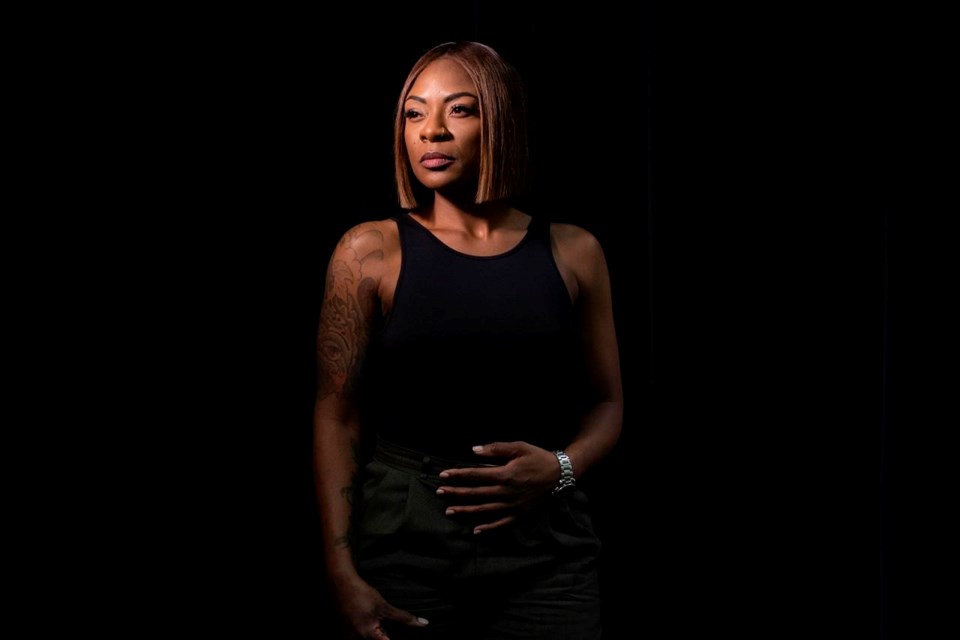Jason Bird chuckled when asked about the fuss that singer Jully Black has raised by changing a line in Canada's national anthem to "on native land."
The professor of governance at the First Nations University of Canada says he and his friends used to sing the opening lines to "O Canada" that way all the time when he was in school.
"It's kind of a commonplace thing in Indigenous communities," he said. "You would change that lyric, more for fun than anything."
Black's version of the song at the National Basketball Association all-star game Sunday raised plenty of dissonance on social media. It was just one syllable, but it was heard loud and clear, with some complaining about the "woke NBA."
Chiefs at the Federation of Sovereign Indigenous Nations winter assembly in Yorkton, Sask., loved it, applauding when it was mentioned during an address on improving First Nations housing.
"We support Black’s variation of the national anthem’s lyrics," said Federation Chief Bobby Cameron. "More importantly, we support calls for the national anthem to be sung in Cree and Indigenous languages at all public events."
University of Calgary sociologist Cora Voyageur, a member of the Athabasca Chipewyan First Nation, called Black's version "stating a fact."
"I say, 'Way to go, Jully,'" she said.
If nothing else, some heard Black's version as a way to lever open a conversation.
"For many people, they either don't know or don't like the history of Canada," Voyageur said. "It's a good idea to have these conversations."
Jack Jedwab, president of the Canadian Studies Association, said statements like Black's are part of the "period of introspection" the country is going through about its history.
"People, in their own way, like to make statements that contribute to reconciliation," Jedwab said. "There's some value in trying to recognize who we are, properly."
Whether the song stimulates productive conversation remains to be seen, he said.
Bird said he would prefer that conversation take place on economic and political reconciliation, but symbols have their value.
"If they decided to change some words in that song, that would be a symbolic gesture," he said. "That would be a small step."
It's not as though the lyrics to "O Canada" were handed down on a stone tablet. The original manuscript no longer even exists.
An early version of the opening line went: "O Canada! Our fathers' land of old, thy brow is crowned with leaves of red and gold."
The Canadian Encyclopedia lists at least three versions before the 1908 words that finally caught on. Even that one was adjusted over the years, most recently in 2018 to replace "in all thy sons command" with "in all of us command."
Other artists have also altered the words. In 2016, a member of the singing group The Tenors lost his place in the quartet when he changed entire lines while singing it at Major League Baseball's all-star game.
Still, the current furor is amusing to at least one person who used to sing the Black version before there was a Black version.
"It takes on that same meaning as what we were singing in the classroom and spotlights it a bit," said Bird. "It's pretty ironic."
This report by The Canadian Press was first published Feb. 21, 2023.
— Follow Bob Weber on Twitter at @row1960
Bob Weber, The Canadian Press



